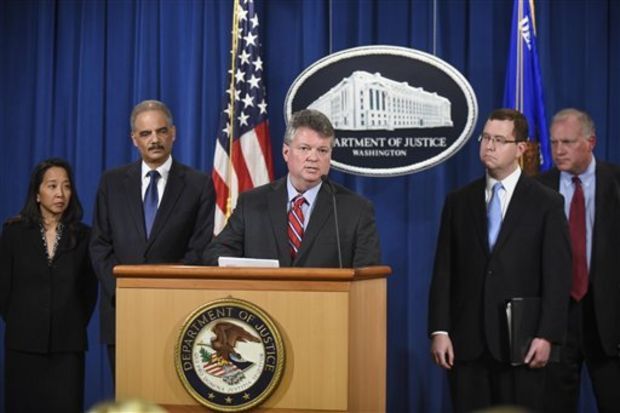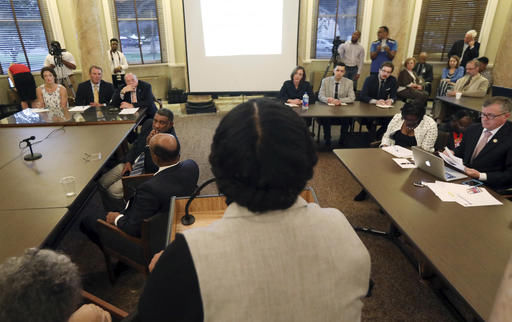

JACKSON, Mississippi (AP) — Attorney General Jim Hood is seeking dismissal of a lawsuit filed by 21 school districts that argues Mississippi owes them $230 million in education aid and demands an end to future shortfalls.
In papers filed Tuesday in Hinds County Chancery Court, Hood’s office wrote that even though a 2006 law says Mississippi’s school aid formula must be fully funded, that guarantee has no power to bind future legislatures.
“One session of elected legislators cannot dictate the discretionary budgeting and appropriation authority of a future session of elected legislators,” Hood’s office wrote.
Hood cited cases from five other states to prove his point, but said it’s ultimately common sense.
“If the principle did not exist, as the school districts’ ill-conceived mandatory appropriations theory here contemplates, the 2006 Legislature could have enacted a statute providing every subsequent legislature ‘shall never appropriate more than $1 to any school district’ in any given fiscal year,” Hood wrote.
The lawsuit seeks to make up shortfalls in the Mississippi Adequate Education Program funding formula since 2010. The law says the Legislature “shall” fully fund the formula and former Gov. Ronnie Musgrove — spearheading the lawsuit — argues that leaves no room for interpretation. The suit also asks a judge to order lawmakers to never again underfund the program.
From 2009 through the current school year, lawmakers have fallen more than $1.5 billion short of full funding.
“Unfortunately, General Hood finds himself in the difficult situation of having to defend a client that is undeniably guilty,” Musgrove said in a statement Tuesday.
Hood also argued that elsewhere in the 2006 law, lawmakers directed how money should be allotted when the full amount isn’t appropriated, showing lawmakers didn’t even intend for the statement to be binding. Musgrove argues the same law closed those partial-funding escape hatches after 2009.
Even if lawmakers did have the power to bind their successors, Hood argued a judge would unconstitutionally violate the separation of powers among the judicial, legislative and executive branches by telling lawmakers how to spend money.
“Courts do not step in and direct legislators how they must go about passing laws,” Hood’s office wrote. “Generally the separation of powers doctrine precludes courts from declaring how legislators must interpret any obligations the MAEP statutes impose on them.”
The state notes that Musgrove doesn’t claim any constitutional violation, saying that only when constitutional rights are at stake may judges step in to “regulate another branch’s exercise of its core powers.”
Another group — Better Schools, Better Jobs — has gathered signatures to put a referendum on Mississippi’s 2015 general election ballot that would amend the state Constitution to guarantee “an adequate and efficient system of free public schools.” That group, which opposes the lawsuit, said Monday that it has enough voter signatures to put the question on the ballot.
Finally, Hood argued the lawsuit should be thrown out because Mississippi law says the state can’t be sued for legislative action or inaction.



